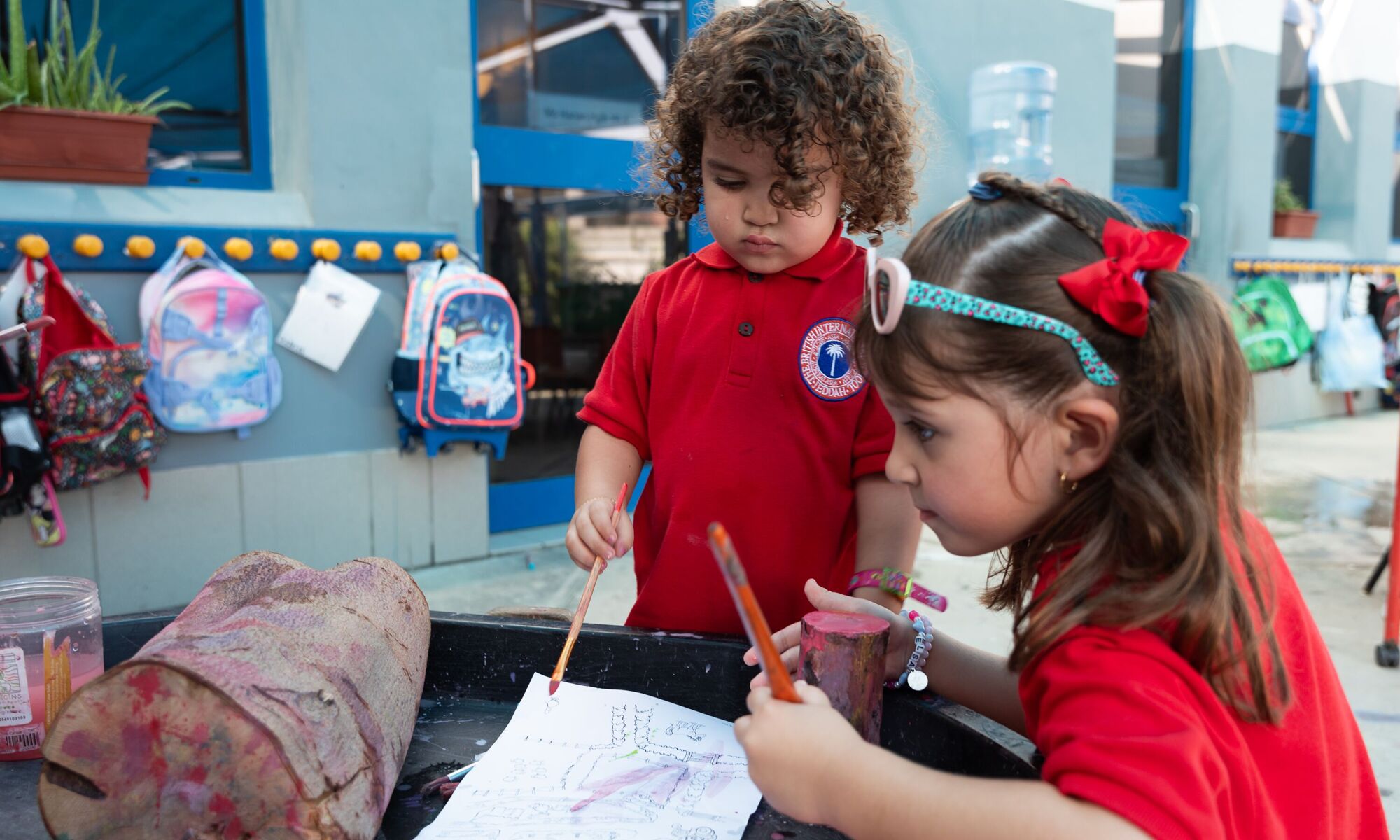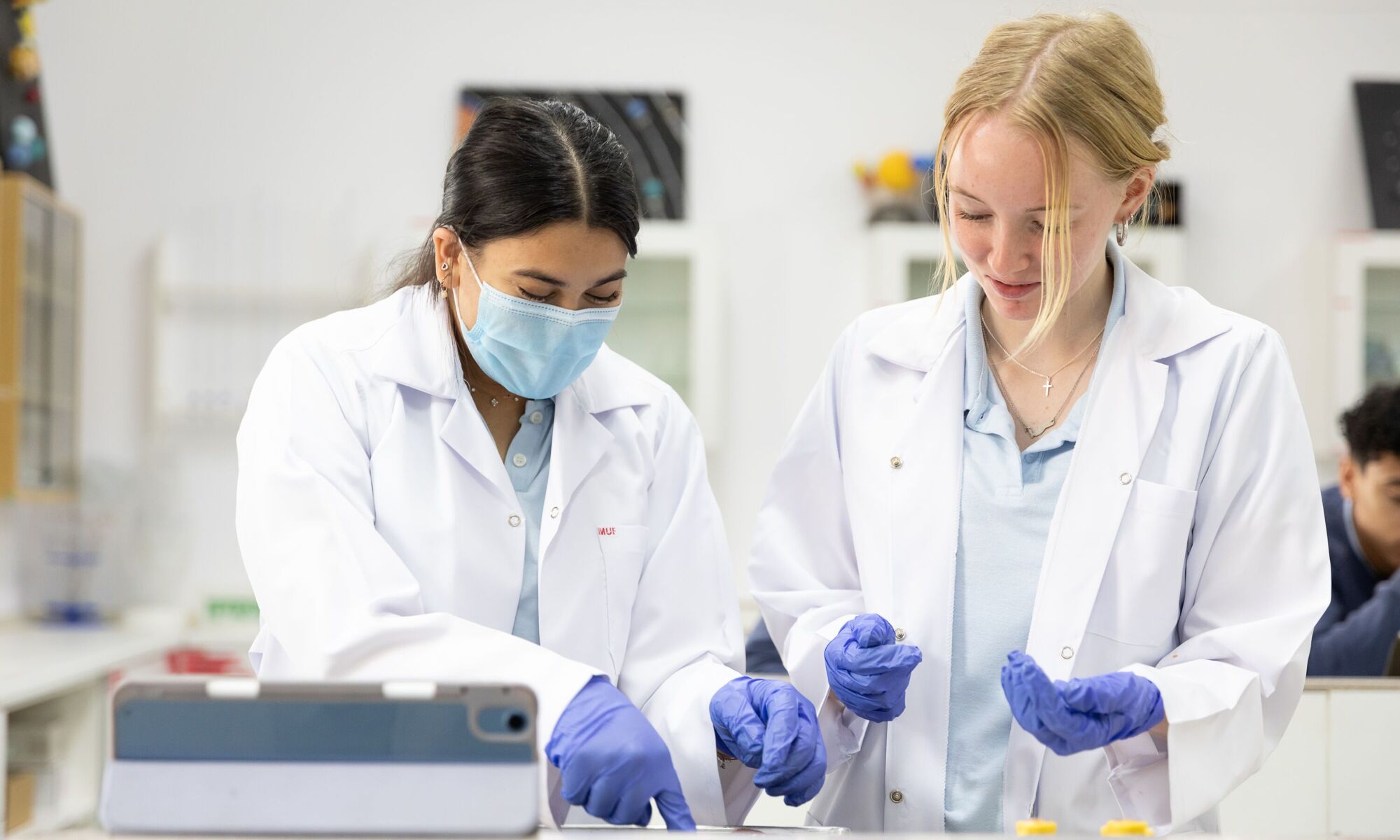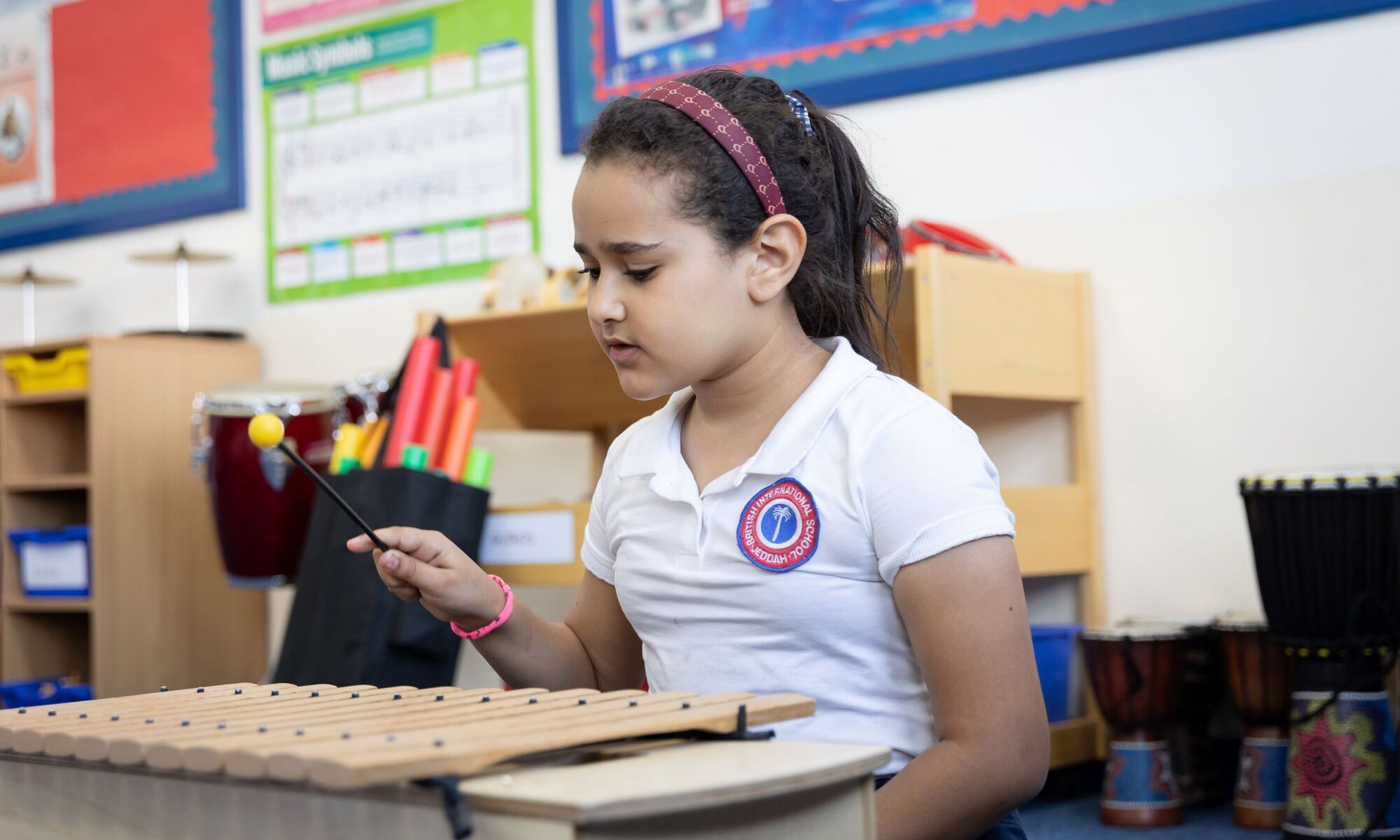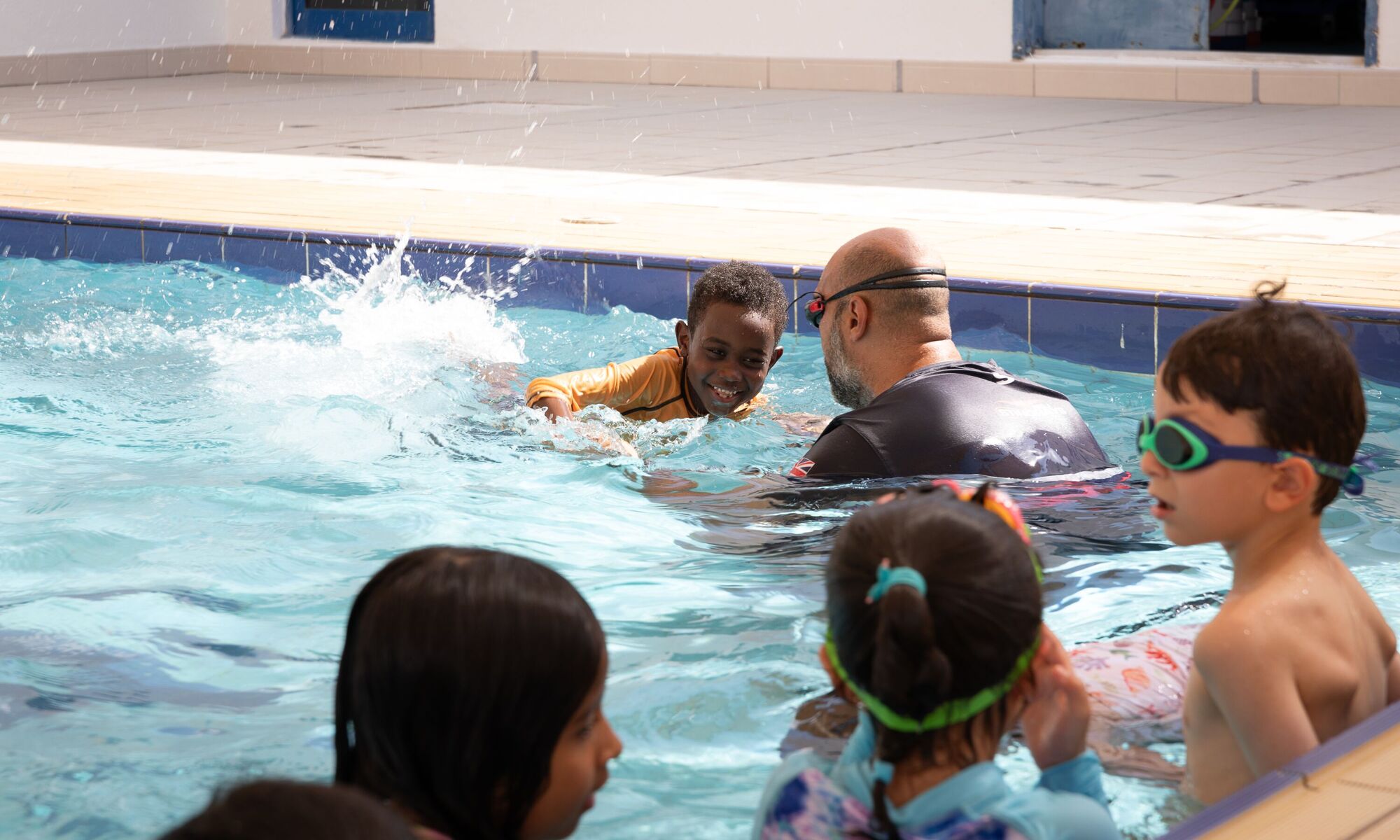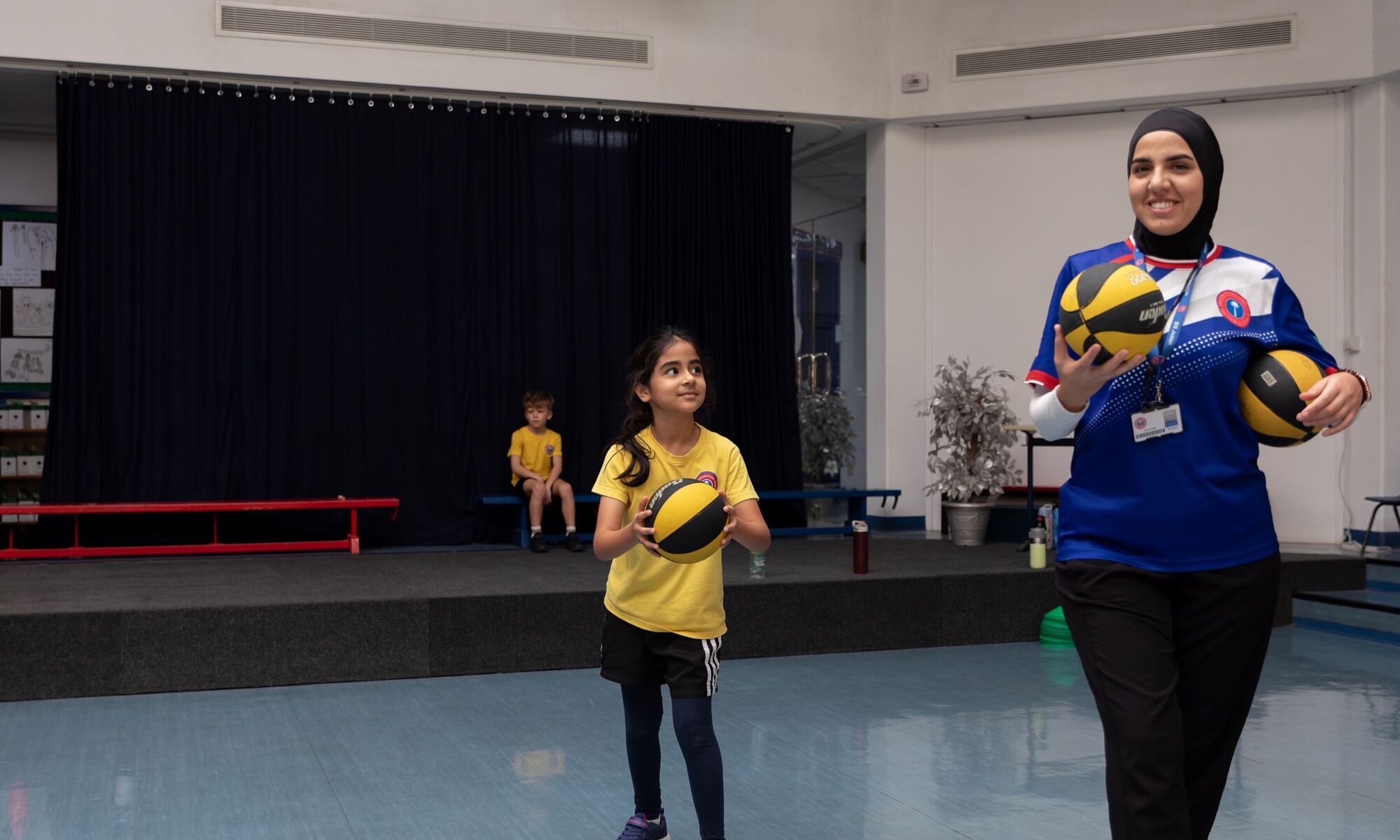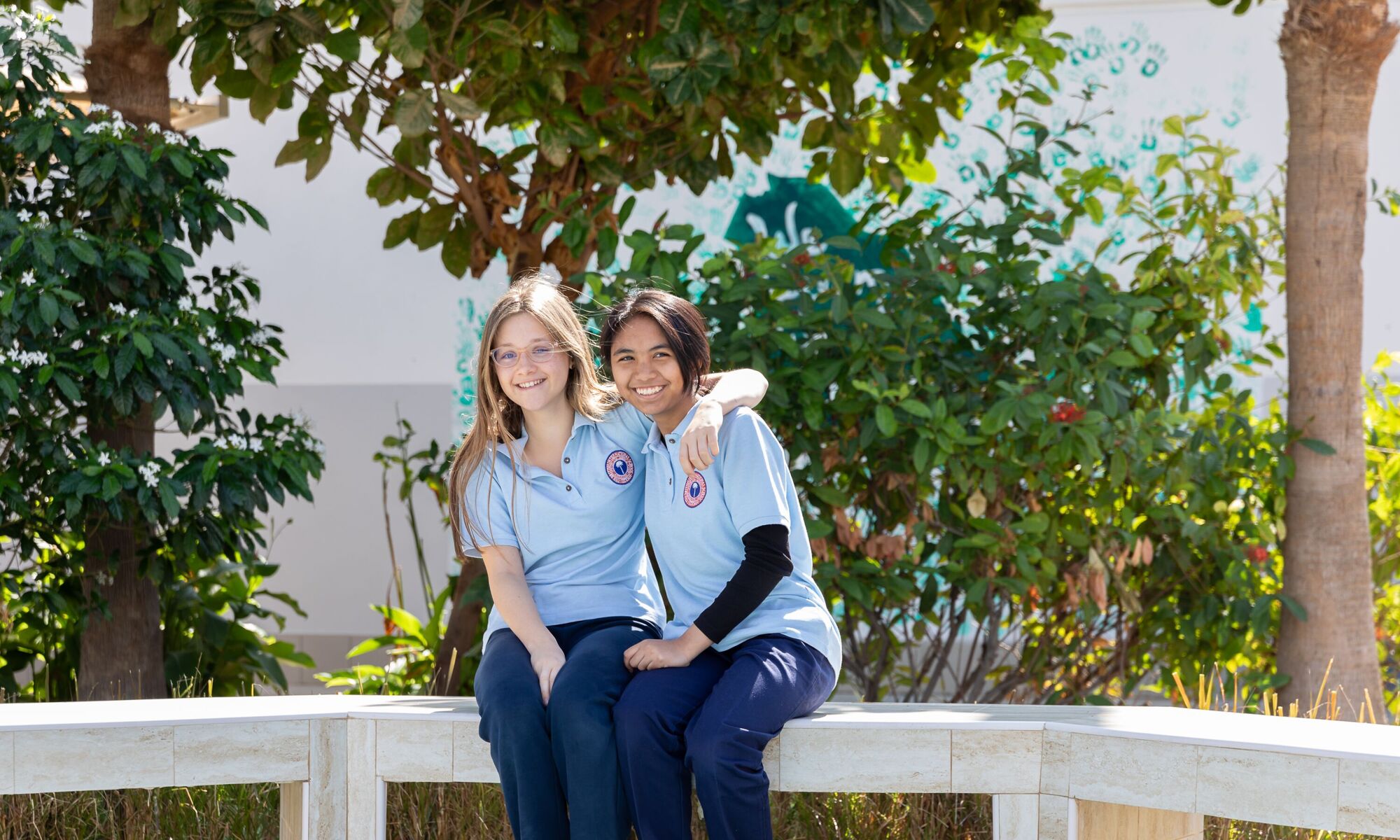@The British International School of Jeddah - 09 May 2025
The British International School of Jeddah (BISJ) is seeking a dedicated Primary Class Teacher to join our vibrant school community in the 2025-26 academic year. This role involves delivering high-quality education across a range of subjects, fostering an engaging learning environment, and actively contributing to the school’s extracurricular programme and community events.
Key Responsibilities:
· Plan, prepare and deliver engaging lessons in line with school curriculum guidelines.
· Assess and monitor student progress, providing constructive feedback.
· Maintain accurate student records, including assessments, attendance, and behaviour.
· Establish a supportive and stimulating learning environment that promotes student growth.
· Engage with parents through reports, meetings and open communication.
· Work collaboratively with colleagues, including Subject Coordinators, Year Group Coordinators, and Teaching Assistants.
· Participate in wider school activities, including sports days, fairs, charity events and graduation.
· Lead an Extracurricular Activity Club.
· Ensure the health, safety, and safeguarding of students in all school activities.
Requirements:
· A recognised teaching qualification.
· At least three years of teaching experience, preferably in a primary setting.
· Strong curriculum planning, assessment, and classroom management skills.
· Excellent communication and teamwork abilities.
· Commitment to student engagement beyond academics through extracurricular activities.
This is a full-time position for a candidate already residing in Jeddah. Please note that sponsorship is not available.
BISJ is committed to safeguarding the welfare of children. Pre-employment checks, including identity verification and police clearance, will be conducted as part of our recruitment process.
Start Date: 17 August 2025
Closing Date for Applications: 15 May 2025
Application Process: To apply, please complete the online application form available on our website www.bis-jeddah.com

